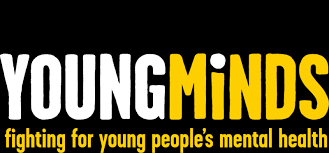Eating disorders – get help for yourself
Physical Health, Substance Misuse
Telling someone your concerns about the eating disorder and about recovery can be daunting. Beat have put together an advice page to help you have conversations that will give you the encouragement and support you deserve on the path to recovery.
Around 1.25 million people in the UK suffer from these illnesses, many in secret. They are of all ages, genders and backgrounds – eating disorders do not discriminate. Eating disorders include bulimia, binge eating disorder, avoidant/restrictive food intake disorder (ARFID), other specified feeding or eating disorder (OSFED), and anorexia, which tragically has the highest mortality rate of any mental illness, though all eating disorders can be deadly. While this is the worst-case scenario, there are many ways in which eating disorders severely affect the quality of life of both those suffering and those who care about them. They steal childhoods, devastate relationships and pull families apart. But, with the right treatment and support, recovery is possible.
It’s very important to access treatment as early as possible, as earlier treatment means a greater chance of fully recovering from your eating disorder. Your first point of contact is likely to be your GP.
Find out how to get treatment today.
Read More





